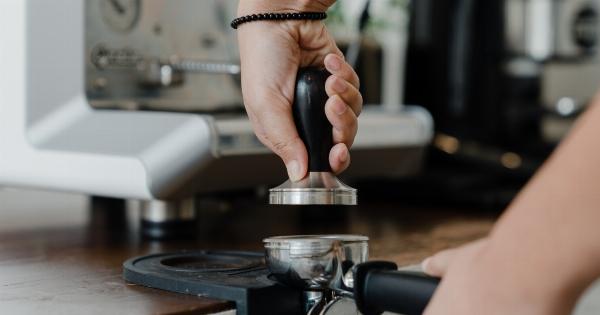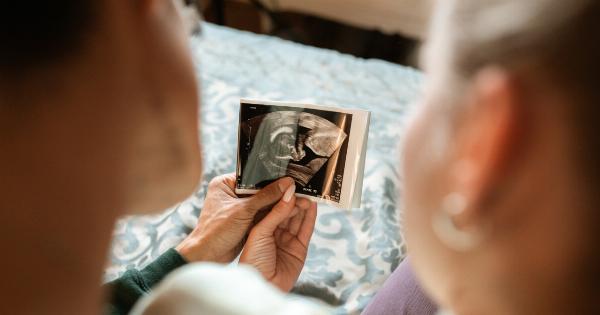During pregnancy, it is essential for mothers to take care of their health and their babies. This includes identifying the dos and don’ts that can affect the pregnancy.
One of the most commonly consumed stimulants is caffeine, which is present in various drinks and food items. Here, let’s learn what you should know about caffeine intake during pregnancy.
What is Caffeine?
Caffeine is a natural stimulant that can be found in several beverages and food items. It is commonly found in coffee, tea, soda, energy drinks, chocolates, and some medications.
Caffeine stimulates the central nervous system and can make a person more alert and awake. It can also help increase metabolism, improve physical performance, and enhance cognitive function.
Does Caffeine Affect Pregnancy?
Pregnant women must be cautious with their caffeine intake as it can affect pregnancy. When high levels of caffeine are consumed, it can cross the placenta barrier and affect the baby’s growth and development.
Pregnant women are more susceptible to the negative effects of caffeine because it takes longer for the body to metabolize the substance.
Studies suggest that consuming high levels of caffeine during pregnancy can increase the risk of miscarriage, stillbirth, preterm birth, low birth weight, and other pregnancy complications.
The American College of Obstetricians and Gynecologists (ACOG) recommends that pregnant women should limit caffeine intake to 200 milligrams (mg) per day.
How Much Caffeine is Safe during Pregnancy?
Pregnant women are recommended to limit their caffeine intake to 200 mg per day. The amount of caffeine found in beverages and food items varies, so it’s essential to keep track of the intake.
Here are some examples of caffeine content in common drinks:.
- 1 cup (8 ounces) of coffee: 95–165 mg
- 1 cup (8 ounces) of tea: 14–60 mg
- 1 can (12 ounces) of soda: 23–35 mg
- 1 energy drink (8 ounces): 50–160 mg
The type of coffee beans used, the brewing method, and the serving size also affect the caffeine level in coffee. So, it’s essential to include all caffeine sources while calculating the daily intake.
What are the Risks of High Caffeine Intake during Pregnancy?
High caffeine intake during pregnancy can lead to various risks, including:.
- Miscarriage: Studies have found that consuming more than 200 mg of caffeine per day can increase the risk of miscarriage.
- Stillbirth: High caffeine intake during pregnancy can increase the risk of stillbirths.
- Preterm birth: High caffeine intake can increase the chance of preterm birth (delivery before 37 weeks of pregnancy).
- Low birth weight: Consuming high doses of caffeine during pregnancy can lead to babies with a lower birth weight than expected.
- Withdrawal Symptoms: Newborn babies can experience withdrawal symptoms if the mother is habituated to high caffeine intake during pregnancy.
Can You Quit Caffeine during Pregnancy?
It is not easy to quit caffeine cold turkey, and going through withdrawal symptoms during pregnancy can be challenging. However, quitting caffeine during pregnancy is possible and has many health benefits for both the mother and the baby.
It is recommended to reduce caffeine consumption gradually to avoid withdrawal symptoms, such as headaches, irritability, and fatigue.
Here are some tips to help reduce caffeine intake during pregnancy:.
- Limit or avoid coffee, tea, and energy drinks.
- Reduce the number of soda cans consumed.
- Check the caffeine content while buying food items and opt for decaffeinated versions.
- Replace caffeine with healthy alternatives, such as fruit juice, water, or herbal teas.
- Get enough sleep and rest to reduce the need for caffeine.
- Consult with your doctor before discontinuing any medication that contains caffeine.
In Conclusion
Caffeine is a natural stimulant that can be consumed by pregnant women. However, high doses of caffeine can lead to several pregnancy complications and affect the baby’s growth and development.
It is recommended that pregnant women limit their caffeine intake to 200 mg per day. Reducing caffeine intake gradually can help to avoid withdrawal symptoms and have many health benefits for both the mother and the baby.





























